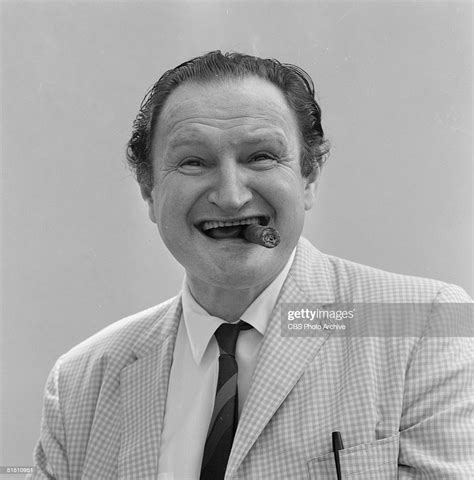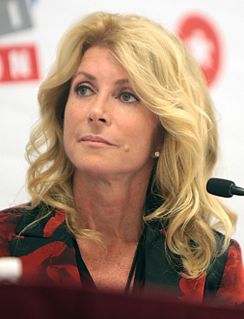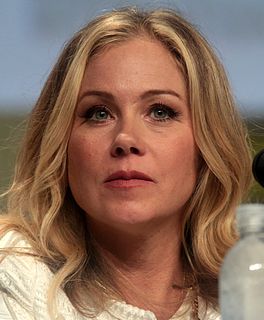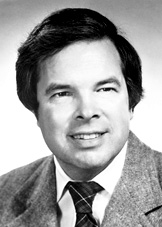A Quote by Al Lewis
Understood what the struggle was about. My mother. Couldn't read or write, but she had more sense than many a graduate from Harvard.
Related Quotes
My mother hid the struggle from us children. She complained about her salary, and she had a tough time. Although she became a headmistress, she still had to do a lot of sewing. The more I think about her, the more remarkable I realise she was. And she understood straight away when I said that I wanted to write.
When I think about that kind of spirit, I think about my mother, who is standing here with me tonight. My mother is the embodiment of what it means to have a Texas spirit, because she wanted nothing more than for her children to have a better life than she had, to have an education beyond the ninth-grade education that she had, to live happier lives, more successful ones than she had been able to live. And you know what? She raised the daughter who ran for governor.
My mother and I definitely got to a point where we had to have a real conversation and talk woman to woman, or daughter to mother, friend to friend - just off the record, clear the air and communicate. I didn't want to drive my mama crazy, but at the same time, I had to do, I had to learn, I had to grow and she understood that. She knows me better than anyone else on the planet so I tried to think about that.
I had always assumed we had an unspoken understanding about these things: that she didn't really mean I was a failure, and I really meant I would try to respect her opinions more. But listening to Auntie Lin tonight reminds me once agian: My mother and I never really understood one another. We translated each other's meanings and I seemed to hear less than what was said, while my mother heard more. No doubt she told Auntie Lin I was going back to school to get a doctorate.
...fact was she knew more about them than she knew about herself, having never had the map to discover what she was like. Could she sing? (Was it nice to hear when she did?) Was she pretty? Was she a good friend? Could she have been a loving mother? A faithful wife? Have I got a sister and does she favor me? If my mother knew me would she like me? (140)
My mother lived her life through movies and books - she read everything there was to read. And she read to me every night. I never went to sleep without her reading to me. And she fantasized about the book and she would talk about it, the place, and you would think that after she read the book and after she told you stories about it, that she had actually been there. I learned about story from her, and I learned the value of a great story, and the value of great characters.
The wide world was changing, and she wanted a different place in it. Not just wanted, but felt she deserved. If the world didn't owe her a living, as her mother repeatedly warned her, it owed her a break. She had a strong sense that a better, more exciting, more rewarding life than that which had been the lot of her parents and grandparents was hers by right. In this she was guilty of nothing more serious than the arrogance of youth, from which every generation suffers and by which it distinguishes itself from the preceding one.
She was obviously useful at the UN because she had a public persona before she ever got there. She was well known. She was a spokeswoman for many important things. When she got there, what she said was paid attention to, undoubtedly much more than would have been if just Joe Blow had been made our representative to the United Nations. In that sense, I think it was useful to have her there.



































